I know you’ve heard this before, and you probably never want to hear it again, but our careers take up a huge amount of our lives… in fact, we spend about ⅓ of our life at work.
That means when you hate your job, you hate about ⅓ of your life. And since another ⅓ of your life is spent asleep… you’re spending a huge chunk of your waking hours either at that job, thinking about that job, or trying NOT to think about that job.
But here’s the good part. With career transitions, you make the decision about where you actually want to spend your time. You can intentionally choose something that’s personally interesting to you — something you may even look forward to.
And if you don’t believe in a dream job? That’s ok! Me neither. There’s still a more fulfilling path out there for you.
But where do you start? If all you know is that you’d prefer to run out of your office and never go back, how do you even begin to figure out what’s next?
Well, here are some great places to start for those who are planning career transitions.
Skip ahead if you know what you’re looking for:
1. Get Specific About Why You Want A Career Transition
2. Identify Your Skills And Interests
3. Do Market Research And Use Your Network
4. Consider Your Risk Tolerance For Career Transitions
Preparing For Career Transitions FAQs
1. Get Specific About Why You Want A Career Transition
What is it about your current job that’s so misaligned for you?
On the surface, it might be the incessant stand-up meetings or gossipy coworkers. Maybe you want more money or a chance to learn new skills.
But those problems could be resolved with a new employer — so if you think you’re in the wrong industry, your complaints must go a lot deeper than that.
Do You Hate Your Field — Or Just Your Company?
Think about the mission of your company. Then examine the reason your industry exists, the problem it solves, who it serves, and what the career trajectory is for folks in your workforce.
Does anything there pique your interest — or not?
Employing strategies for identifying the root causes of your unhappiness is a solid place to start. This will help you understand if a full career change is the right solution.
It might be that you just need to address a team issue, pursue a promotion, or find a new employer for continued success.

2. Identify Your Skills And Interests
I’ve intentionally separated “skills” and “interests” because they aren’t always the same thing.
Skills vs. Interests for Career Transitions
Others may appreciate you for things that you’re GOOD at, but that you don’t ENJOY. These are skills.
But the tasks that you could happily do for hours — the ones that make you lose track of time — are your interests.
It’s good to make note of both so that you can see where they overlap and where they differ. But for fulfilling career transitions, your interests are typically more important.
How Career Management Services Can Help
If you’re having trouble employing strategies to identify your skills and interests, career management services can support your exploration. Try career coaching or career counseling!

3. Do Market Research And Use Your Network
Depending on what you do now, you may have already been exposed to tons of different careers via clients, projects, and conferences — or not.
Either way, you already have ideas about other industries you’d like to explore — and connections with people who’ve undergone their own career transitions.
Learn About New Industries
Build knowledge by browsing podcasts, books and audiobooks, and social media accounts for info on jobs you’ve always wondered about. Explore market research on those industries, too.
Partner With Your Network
Check out your LinkedIn network for interesting posts from that person you met at that networking event or that business owner you admire. Build relationships with existing connections and make new ones, too — engage with suggested posts and introduce yourself in open discussions.
Remember: at this stage, you’re doing broad research, not interviewing for employment opportunities. There are no commitments and no bad questions!
Everything you learn while researching potential career transitions is valuable information — even if that information is, “I absolutely do NOT want the same job they have.”

4. Consider Your Risk Tolerance For Career Transitions
Back in 2021, if you’d asked me if I was a risk-taker, I would have laughed. I considered myself EXTREMELY risk-averse — and I still do.
Lucy’s Risk Examples
- I won’t gamble more than $50 at a time (and I’ve never won more than that, which I’d say proves my point)
- I had a bad experience in swim lessons as a child; I never got over it, so I’ve never learned to swim
- I didn’t learn to drive until I was in my mid-20s
But my risk tolerance — and my opinion of what activities and situations I’d consider risky — could be completely different from yours. Although I call myself risk-averse, I’ve done a few things that others may find too risky:
- In my 20s, I traveled to England and Italy on my own (before I learned to drive, btw)
- After nearly 10 years, I quit my job and didn’t have another lined up — although I did have a plan to change careers, including going into business for myself
- I’ve sung karaoke sober in a very quiet bar
Ok, that last one is a little silly… but, have you?!

Anyway, context is important for all of these things. For example, as a white cis woman, I traveled to relatively “easy” countries and was highly privileged not to have to consider the color of my skin or my gender identity when calculating my risk.
Plus, the ability to quit my job without another one lined up is an enormous financial privilege that I don’t take for granted. Making career transitions may be more challenging and tiring when you need to maintain a full-time job throughout the process.
My point is this: whether short-term or in the long run, career transitions usually involve risk. There may be financial, educational, time-bound, and self-imposed risks.
Are you willing to disrupt the standards of continued success by embracing uncharted territory, doubters, resume gaps, and a beginner’s mindset?
When you reach the point of applying for open jobs, you’ll go toe-to-toe with experienced staff. Hiring managers will decide if your passion and commitment are better for the business than directly relevant experience. Are you up for that?
Considering and planning for your risks will help you make a more informed decision.
Not sure where to start? Career management services like coaching can help you understand and mitigate these risks for future success.
Preparing For Career Transitions FAQs
Here are some other factors to think about when considering a career pivot.
How do I prepare for a career transition?
Career transitions have far-reaching implications beyond your job. What you do may be a part of your sense of identity. It may be your key to financial independence. It could be what you spend a lot of your waking hours thinking about — even off the clock.
So to prepare for a career transition, you need to examine your life as a whole. What will change? And what will stay the same? What do you need to plan for? How will this transformation impact your life and the lives of those around you?
Examining all of this sounds daunting, right? Well, it definitely can be! But you have ample support to help you through this decision — family, friends, colleagues, and a coach can all be great sources of support.
You should also know what to expect from potential new industries you’re exploring. When it comes to experienced staff in this workforce, what skills, talents, and knowledge do they have? Is school a first step toward breaking into this new field? What will you need to take care of before you start applying for open jobs — or launch your business?

How long does it take to transition to a new career?
With career transitions, some timing factors are within your control.
For the most part, you’ll decide when to quit, when to take steps toward your new career (education, training, etc.), and when to look for your next job — or start your new business.
But some factors go beyond just a decision:
What does market research reveal about your new field?
What financial circumstances must be in place before you can quit?
How long does it take to become certified or get a degree in your new field, if required?
How many open jobs are available in that new industry?
How does your mental health influence your timing?
What are your top priorities in and outside of your career?
There’s no single answer to how long career transitions take. But it’s helpful to determine how long your unique career transformation will last before deciding to take the leap.
Your Career, Your Decision
Thanks to the internet, we have access to basically everyone’s opinions at all times. If you’re like me, that means that every new thought that pops into your head becomes a Google search.
- why do i get more headaches in the fall
- who plays [character] from [show]
- how do i pick my next career
It’s not that you’ll never get useful info from these searches. Sometimes you will!
But the most useful answers are probably for your fact-based searches, like who played that guy in that one show (thanks IMDB!).
When it comes to subjective queries like how to pick your next career, Google can offer advice from others… but it can’t make the decision for you.
So if you want individualized support to discover your next career path — and build the confidence to pursue it — consider how a career coach can help.



